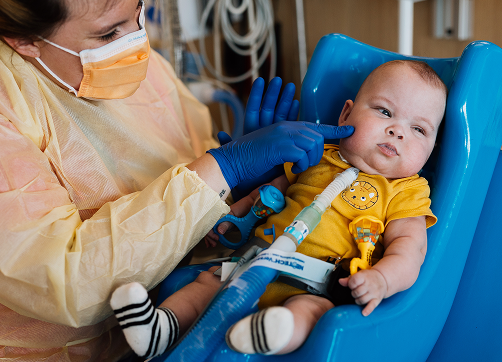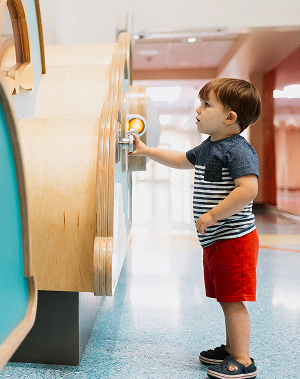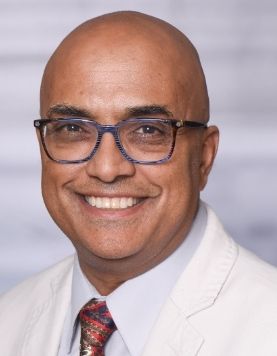testicular torsion


what is testicular torsion?
The scrotum is the sack of skin under the penis. Inside the scrotum are two testes (plural of testis), also called testicles. Each testicle is linked to the rest of the body by a blood vessel called the spermatic cord. Testicular torsion happens when a spermatic cord becomes twisted, cutting off blood flow to the attached testicle.
Testicular torsion (also called testis torsion) needs immediate surgery to fix. If it goes on too long, it can result in harsh damage to the testicle and even its removal. Testicular torsion is a medical emergency.
For most boys, talking about their private parts can be a little embarrassing. But if you have a son, it’s important that he knows to tell you or a doctor if he ever has pain in his private parts, especially in his scrotum or testes.
who gets it?
Most cases of testicular torsion are in males who are born with a condition called the bell clapper deformity. Most of the time, the testicles are attached to the scrotum, but in this condition the testicles aren’t attached, and are more likely to turn and twist within the scrotum.
Torsion can happen to boys and men of any age, but is most common in 12- to 18-year-olds. It can happen after exercise, while someone is sleeping or after an injury to the scrotum. Often, though, the cause isn’t known.

what are the symptoms?
If your son has testicular torsion, he’ll feel a sudden, possibly severe pain in his scrotum and one of his testicles. The pain can get worse or ease a bit, but most likely won’t go away fully.
If your son has sudden pain in his private parts, get him to a hospital emergency room as soon as you can. Because surgery might be needed, your son shouldn’t eat or drink before seeing a doctor.
Other symptoms:
- Swelling, especially on one side of the scrotum
- Feeling sick and throwing up
- Stomach pain
- One testicle appears to be higher than the other
Sometimes, the spermatic cord can become twisted and then untwist itself without treatment. This is called torsion and detorsion, and it can make testicular torsion more likely to happen again in the future.
If your son’s spermatic cord untwists and the pain goes away, it might be easy to disregard, but you should still call a doctor. Surgery can be done to secure the testicles and make testicular torsion unlikely to happen again.
how is testicular torsion diagnosed?
When you get to the hospital, a doctor will check your son’s scrotum, testicles, stomach and groin and might test his reflexes by rubbing or pinching the inside of his thigh. This often causes the testicle to contract, which probably won’t happen if he has a testicular torsion.
The doctor also might do tests to see if the spermatic cord is twisted, including:
- Ultrasound: High-frequency waves are used to make a picture of the testicle and check blood flow.
- Pee tests or blood tests: These can help determine whether symptoms are being caused by an infection instead of a torsion.
Sometimes, a doctor will have to do surgery to diagnose testicular torsion. Other times, when the body exam clearly points to a torsion, the doctor will do emergency surgery without any other testing to save the testicle.
Saving a testicle becomes harder the longer the spermatic cord stays twisted. The stage of twisting (whether it’s one full circle or more) tells you how quickly the testicle will become harmed. As a rule:
- within about 4-6 hours of the start of the torsion, the testicle can be saved 90% of the time
- after 12 hours, this drops to 50%
- after 24 hours, the testicle can be saved only 10% of the time
testicular torsion treatment and recovery
Testicular torsion almost always needs surgery to fix. In rare cases, the doctor might be able to untwist the spermatic cord by pushing on the scrotum, but most of the time surgery will still be needed to attach both testicles to the scrotum to stop torsion from occurring in the future.
Most torsion surgeries are done outpatient and do not require an overnight hospital stay. If your son has a torsion, he’ll be given a painkiller and general anesthesia for the surgery.
During surgery, the doctor will make a small cut in the scrotum, untwist the spermatic cord and stitch both testicles to the inside of the scrotum to stop future torsions.
After surgery, your son will need to stay away from exhausting activities for a few weeks, and if he’s sexually active, he’ll need to stay away from all sexual activity. Talk to the doctor about when it will be safe for your son to return to his normal activities.
Testicle Removal
If a torsion goes on too long, doctors won’t be able to save the affected testicle and it will be removed in a surgery called an orchiectomy. Most boys who have a testicle removed but still have a workable testicle can father children later in life. But, many also decide on a prosthetic, or artificial, testicle a few months after surgery. This can help make some boys feel better about how they look.
With newborn boys, saving the testicle depends on when the torsion happens. If it’s before a boy is born, it may be impossible to save the testicle. In this case, the doctor may recommend a surgery at a later date to remove the affected testicle. If torsion symptoms appear after a baby is born, the doctor may suggest emergency surgery to fix the testicle.
don’t ignore symptoms
Boys need to know that pain in their private parts is serious. Tuning out pain or simply hoping it goes away can lead to harm of the testicle and even its removal.
Even if your son has pain in his scrotum that goes away, he still needs to tell you or a doctor and get checked out. A torsion that goes away makes him more likely to have another one in the future. Doctors can greatly lessen the risk of another torsion by securing the testicles to the scrotum.
If your son had a torsion that resulted in the loss of a testicle, it’s important to let him know that he can still lead a normal life, just like anyone else. The loss of one testicle won’t keep a man from having normal sexual relations and is still likely to father children when the time is right.
meet the team

Venkata Jayanthi, MD, Division Chief
urology

Christopher Brown, MD
urology

Donald Nguyen, MD
urology

Erica Lucas, CPNP-PC
urology
here when you need us
Whether you’re looking for the right provider, ready to make an appointment, or need care right now—we’re here to help you take the next step with confidence.
